Alcohol affects levels of the neurotransmitter GABA in the brain, which regulates fine motor control. When you drink, you disrupt normal levels of GABA, and while the brain tries to get back to normal, it sends out sudden signals that cause tremors in your hands.
Category:
Alcohol Shakes



























